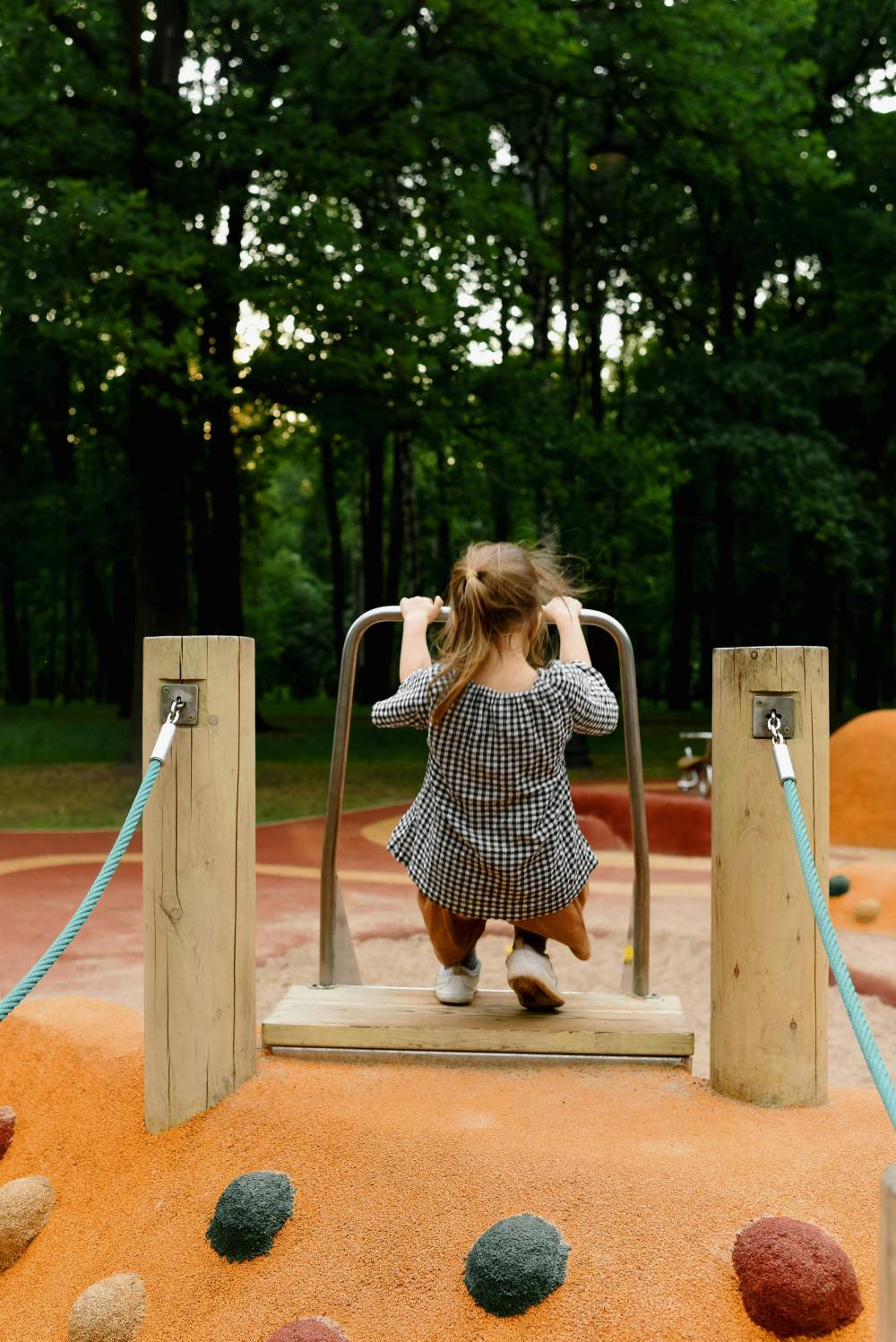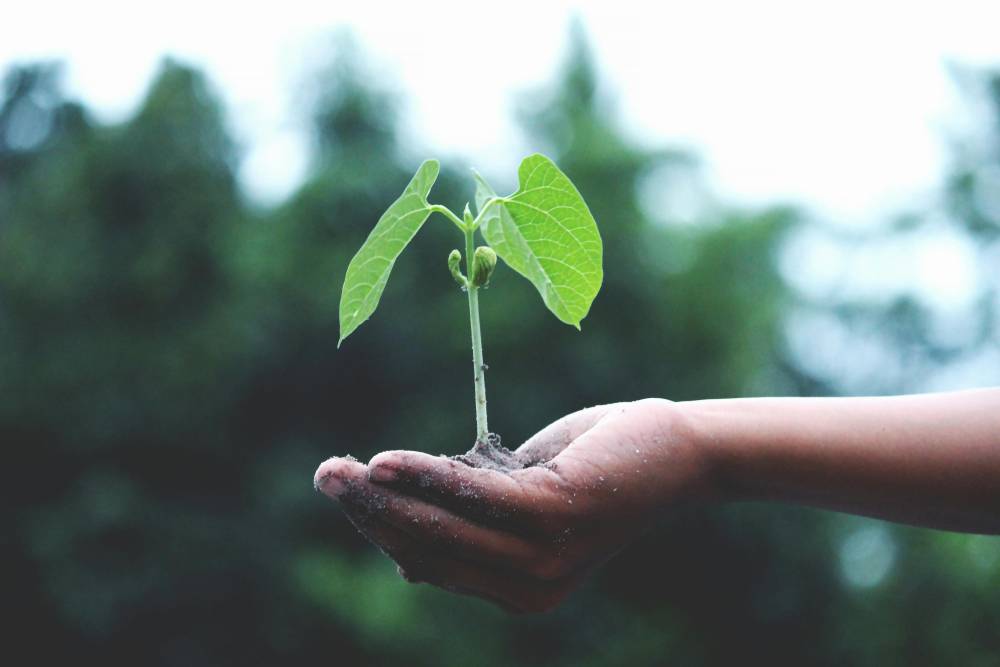in the bustling world of early childhood education, there's a profound understanding that learning extends far beyond the four walls of the classroom. this is especially true when it comes to the invaluable experiences children gain through visits outside the kindergarten. from local parks to museums and nature reserves, these excursions offer a wealth of opportunities for discovery, growth, and connection with the world around them. in this blog, we'll delve into why these outdoor visits are essential for children's development and how the kidsdaylication enhances communication between educators and parents about these enriching experiences.
-
connecting with nature: outdoor visits provide children with the chance to immerse themselves in the natural world, fostering a deep connection with nature from a young age. whether it's exploring a nearby forest, playing in a park, or planting in a community garden, these experiences instill a sense of wonder and appreciation for the environment. through observation and hands-on exploration, children learn about ecosystems, plant life, and the importance of environmental stewardship.

-
stimulating curiosity and exploration: venturing outside the kindergarten sparks children's curiosity and encourages them to ask questions, investigate, and discover new things. whether they're examining insects in a garden, observing wildlife in a nature reserve, or exploring historical artifacts in a museum, these experiences ignite a passion for learning and exploration. outdoor visits provide a multisensory learning environment where children can engage all their senses, stimulating cognitive development and creativity.
-
fostering social skills and collaboration: outdoor visits offer valuable opportunities for children to interact with their peers in a new setting, fostering the development of social skills and collaboration. whether they're building sandcastles together, playing games in the park, or working together on a nature scavenger hunt, these experiences promote teamwork, communication, and cooperation. children learn to share, take turns, and resolve conflicts, laying the foundation for positive social interactions and relationships.
-
promoting physical health and well-being: regular outdoor visits promote physical health and well-being by providing children with opportunities for active play and exercise. whether they're running, jumping, climbing, or skipping, outdoor activities help children develop gross motor skills, strength, and coordination. exposure to natural light and fresh air also supports overall health and vitality, boosting mood and reducing stress.
-
enhancing cultural and community connections: visits outside the kindergarten offer opportunities for children to explore their local community and cultural heritage. whether they're visiting a local landmark, attending a community event, or exploring a cultural institution, these experiences broaden children's horizons and deepen their understanding of the world around them. they learn about different cultures, traditions, and perspectives, fostering empathy, tolerance, and respect for diversity.
through the kidsday, administrators can easily notify parents about upcoming outdoor visits and share highlights of these experiences. parents can stay informed about their child's learning adventures and engage in meaningful conversations at home, extending the learning beyond the kindergarten walls.
visits outside the kindergarten are essential for children's development, offering invaluable opportunities for connection, exploration, and learning. from connecting with nature to fostering social skills and promoting physical health, these experiences enrich children's lives in countless ways. with kidsday, educators and parents can collaborate to ensure that children have access to these enriching experiences and continue to thrive both inside and outside the classroom.








